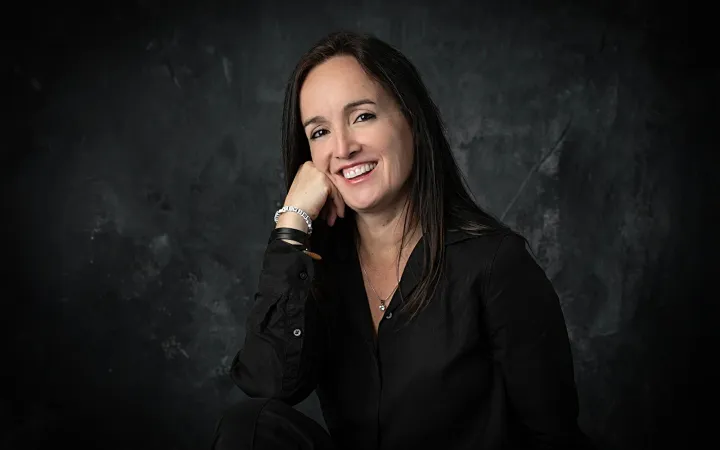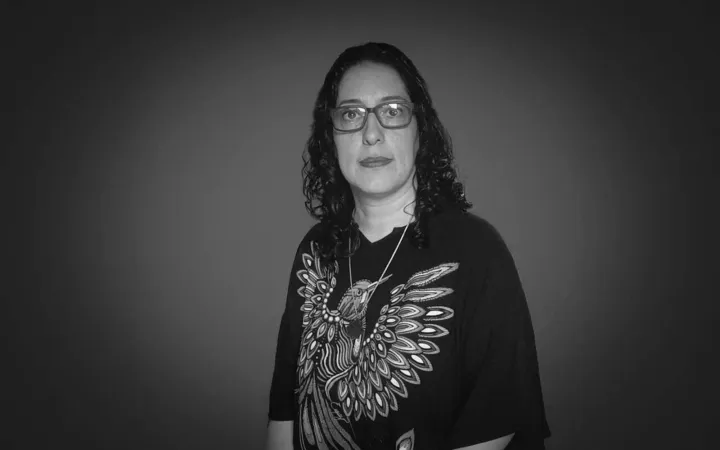
Por Heidi Osuna
Hoy la famosa frase de Silvia Federici, "eso que llaman amor, es trabajo no pagado", sigue más que vigente. Así lo demostraron los resultados de la primera Encuesta Nacional para el Sistema de Cuidados (ENASIC) 2022, del Instituto Nacional de Estadística y Geografía (INEGI) presentada el pasado martes, misma que brinda información estadística principalmente sobre la demanda de cuidados en los hogares, las características de las personas cuidadoras y las percepciones sobre tipos de cuidados.
En México, la labor de cuidar es un tema que ha venido ganando terreno en la discusión pública, lo que hace que ya no sea suficiente hablar únicamente en función de lo que vemos o vivimos en nuestro día a día, porque es muy posible que tengamos una respuesta muy similar a la siguiente pregunta ¿quién se encarga de las responsabilidades y cuidados en tu hogar mientras estás haciendo esta lectura? Resulta que las tareas de cuidado son una parte esencial de la vida cotidiana de las personas. En este sentido, los cuidados nos atraviesan a todos, ya que en algún momento de nuestras vidas todos necesitamos cuidados, dar cuidados o pagar por quien cuide de nuestros dependientes económicos.




